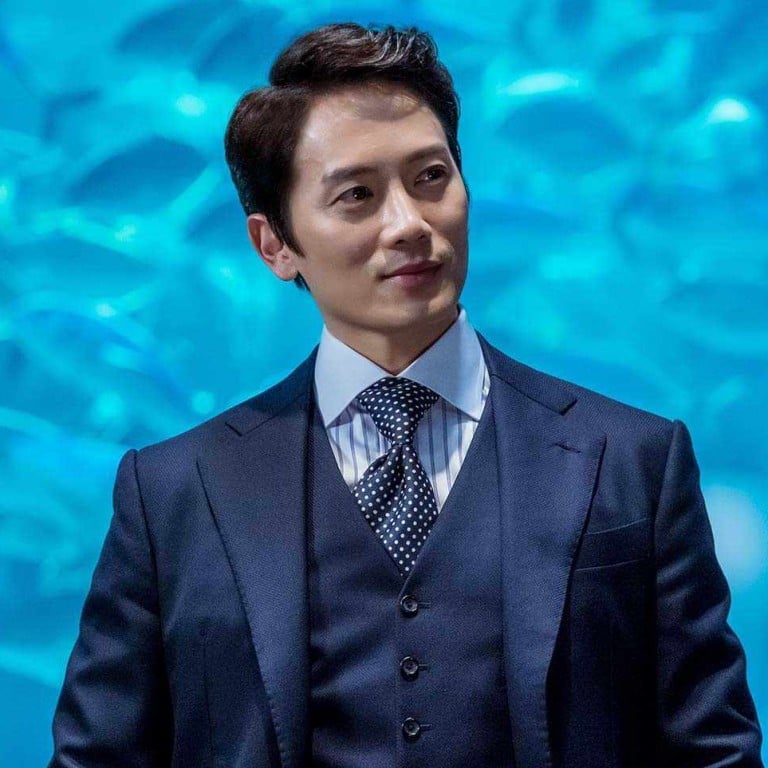
Review | K-drama review: The Devil Judge – dystopian court drama goes all out with sensational finale, but why does it hate women?
- Four of the five female characters in The Devil Judge meet unfortunate fates by the series end – unlike the male protagonists, who remain relatively unscathed
- That aside, the show, particularly in its early stretches, was devilishly entertaining and derived thrilling catharsis from its live courtroom scenes
This article contains spoilers.
3/5 stars
Colourful, dystopian drama series The Devil Judge, starring Ji Sung, Jin Young and Kim Min-jung, has been one of the more entertaining shows on air this year. Yet for all the Korean series’ progressive approach to social inequity, media manipulation and rampant corruption, in its second half it revealed a surprising core value: an almost pathological disregard for women.
Young judge Kim Ga-on (Jin Young) grapples with several moral dilemmas and his anchor is Yoon Soo-hyun (Park Gyu-young), the childhood friend who has spent her life pining after him.
Soo-hyun has fretted over the troubled and handsome Ga-on ever since he was a child, and even chose a career as a police officer just to be sure she’d be able to get him out of trouble later on. Her love for Ga-on is no secret, having confessed it to him several times.
The Devil Judge midseason recap: visually striking vigilante show
We discover halfway through the series that she reserved these confessions for the lowest points in his life, the moments when the usually unflappable Ga-on breaks down and cries. She comforts him by making herself vulnerable, but since he never reciprocates, she continues to harbour her unrequited love ... until episode 13 when they finally kiss.
In a show full of sexy massages and imaginative torture, their closed-lips kiss is laughably chaste, but the real problem is how the episode ends. As Ga-on and head judge Kang Yo-han (Ji Sung) face off against government-backed thugs in the streets, Soo-hyun rushes up and winds up taking a bullet meant for Ga-on. Soo-hyun dies in his arms and is barely mentioned for the rest of the series.
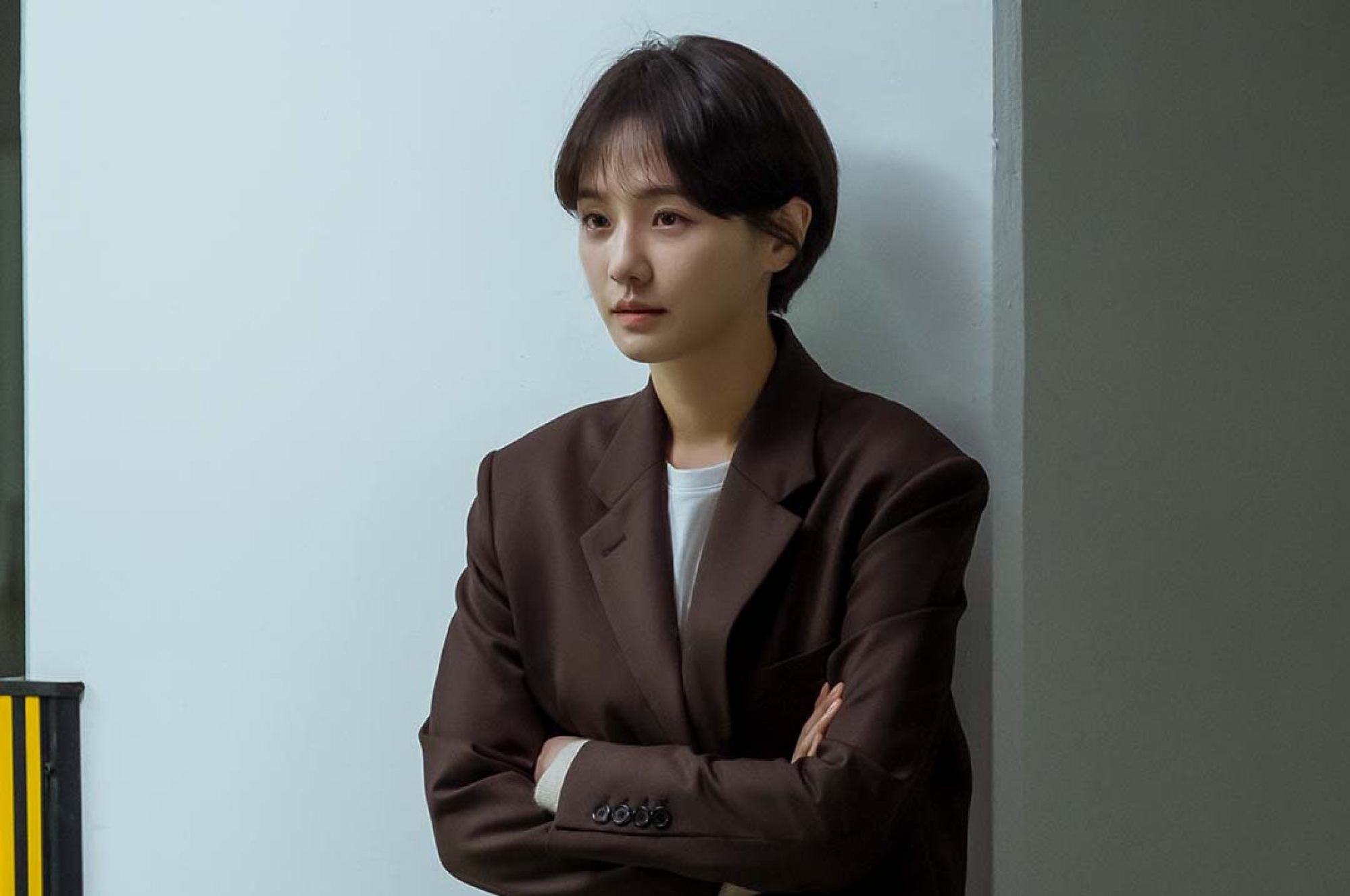
Years earlier, she also prevented Ga-on from killing the con man who destroyed his family by stopping his naked blade with her hand. She also winds up in hospital as she looks into events in Yo-han’s past, something she does on Ga-on’s behalf.
Soo-hyun’s whole body is repeatedly sacrificed to help Ga-on deal with his own issues. Her death merely serves as a catalyst for Ga-on’s anger towards the corrupt elite who run the country – but it’s a redundant one, given how much he’s already been personally wronged by the antagonists.
Aside from Soo-hyun, the show featured four other main female characters: Yo-han’s charge Elijah (Jeon Chae-eun); Jung Sun-a (Kim Min-jung), the head of the Social Responsibility Foundation; Justice Minister Cha Kyung-hee (Jang Young-nam); and co-jurist Oh Jin-joo (Kim Jae-kyung).
Six new Korean dramas to look out for in August 2021
Elijah is confined to a wheelchair as a result of the fire Yo-han saved her from as a small child. It is revealed that Elijah herself was the cause of the accidental fire, which killed her parents, a fact Yo-han has tried to shield her from.
Elijah never finds out, as she is fed a different story by Ga-on, which quietly suggests she is too fragile to be able to handle the additional trauma.
However, no such oblivious future awaits Kyung-hee and Sun-a. Both attempt to assume the reins of power, and each is stabbed in the back by the male members of their power circle. Most troubling of all, they both meet the same fate – a self-inflicted bullet wound to the head.
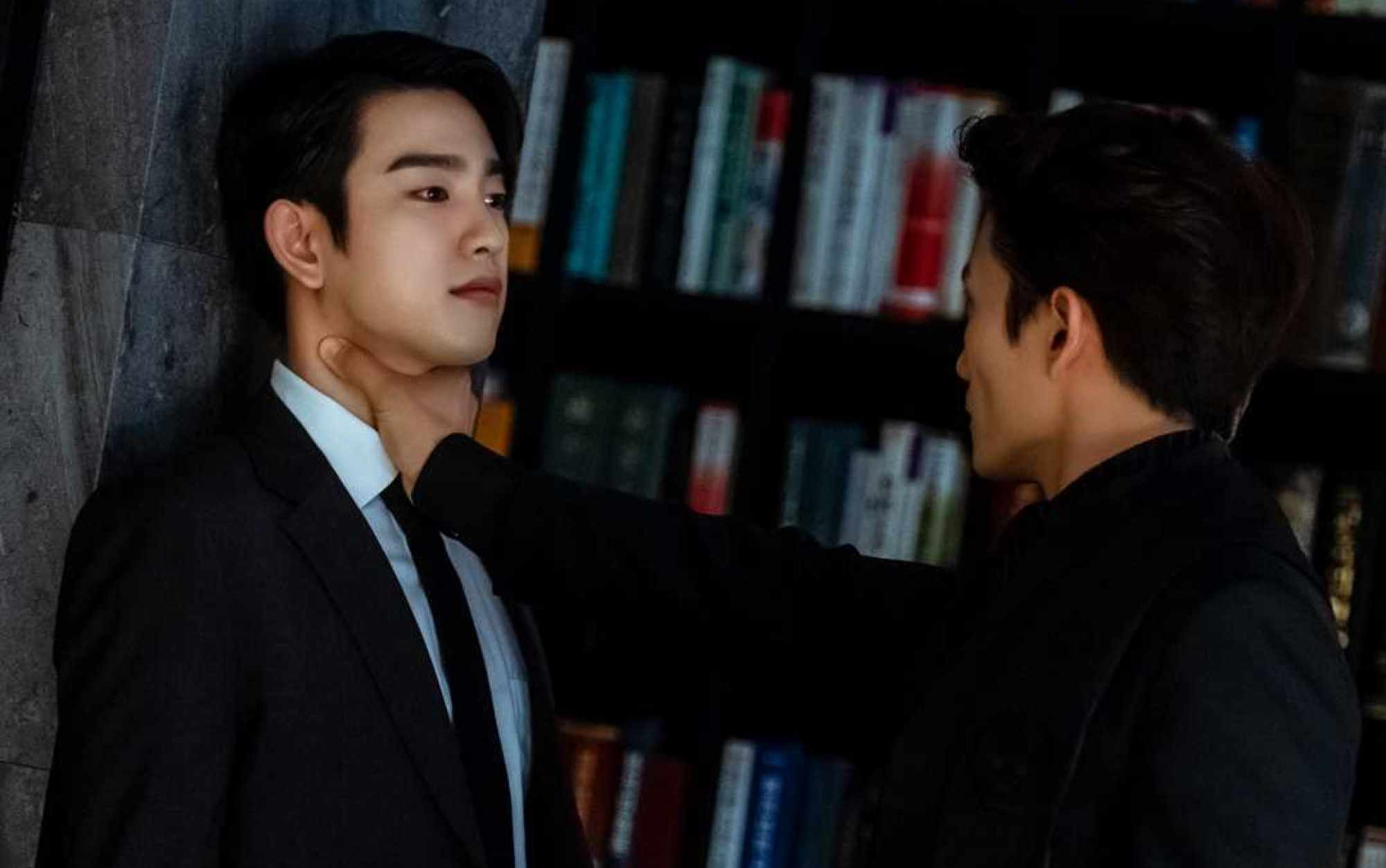
Only Jin-joo survives the series unharmed. The four other main female characters are either dead or handicapped, while the principal male protagonists all survive.
In the race to satisfy the bloodlust of a South Korean public frustrated by government corruption and corporate cronyism, vigilante shows have been trying to top one another with increasingly morbid and stylised violence on screen.
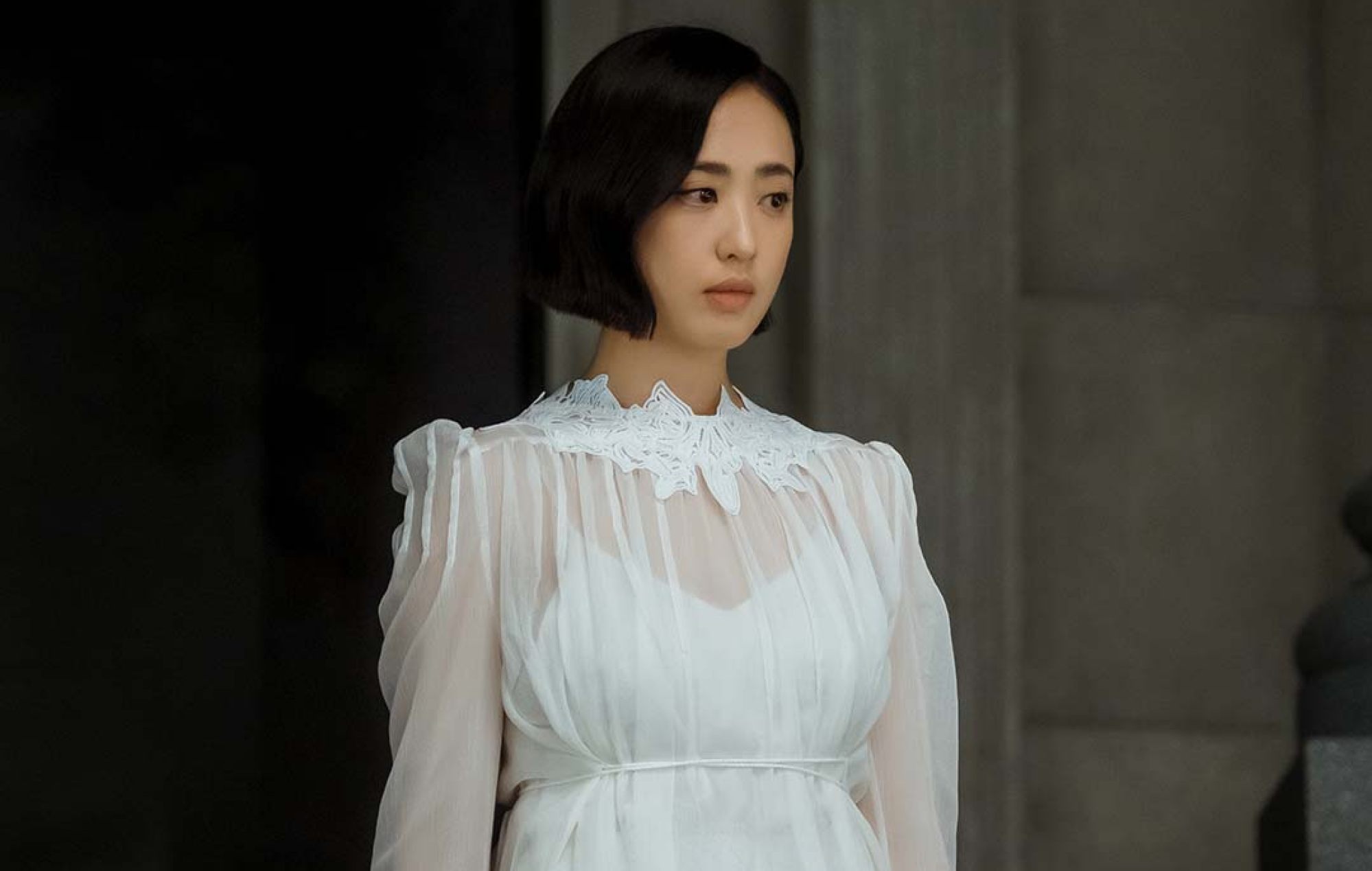
The Devil Judge opted for medieval torture, which gave us some wicked public lashings and almost confronted us with live castration, but when that grew stale, the show resorted to the kind of violence it was clearly most comfortable with, the self-inflicted destruction of female bodies, and largely spared the men any guilt.
These objectionable elements aside, The Devil Judge, particularly in its early stretches, was a devilishly entertaining show that derived thrilling catharsis from its live court shows, and was led by Ji Sung, who gives a coolly confident turn.
Yet, despite its admirable efforts to put a new spin on the plot devices typical of Korean shows, it wound up magnifying some of their more regressive stereotypes.
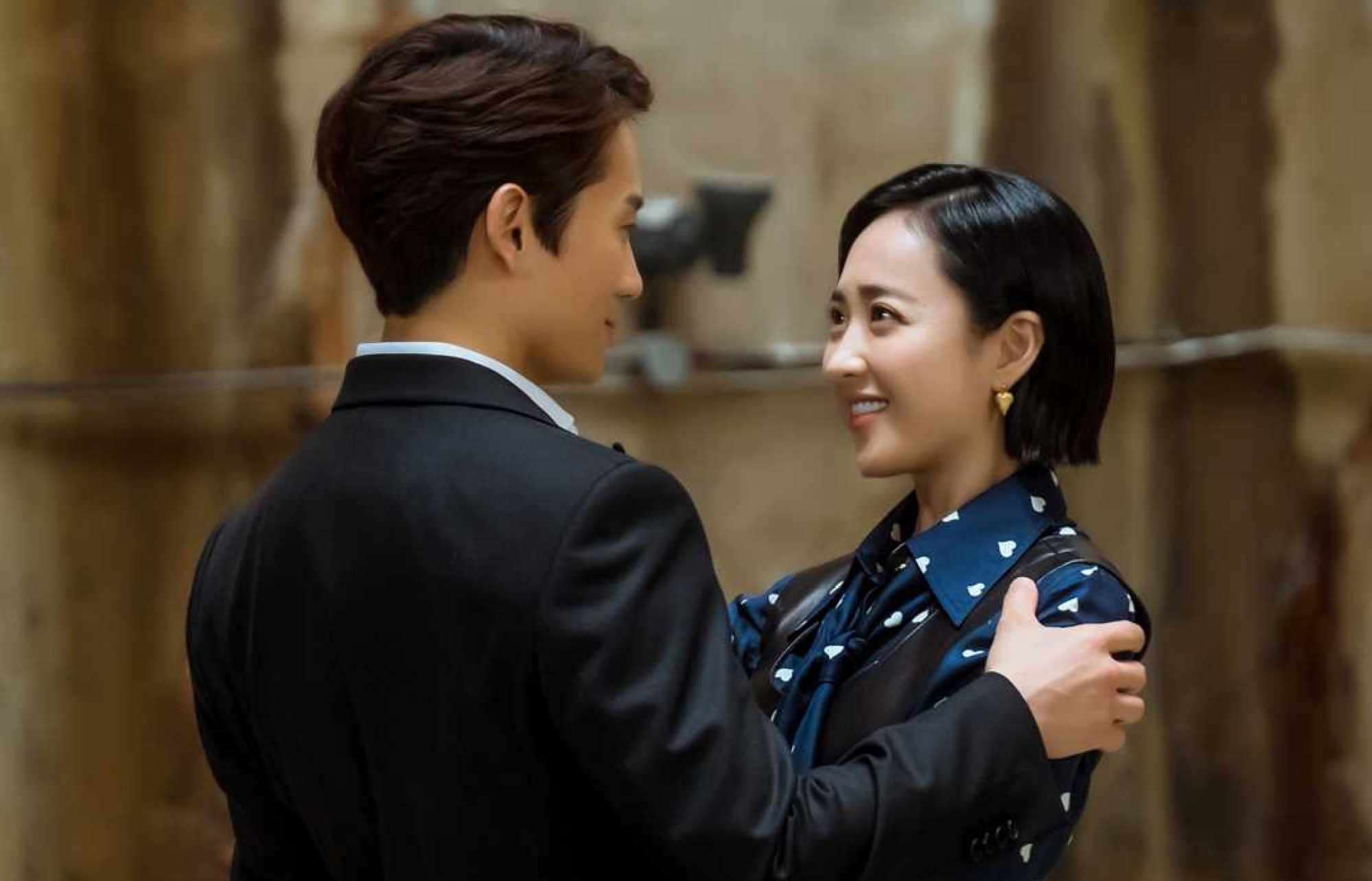
The Devil Judge is streaming on Viu.

